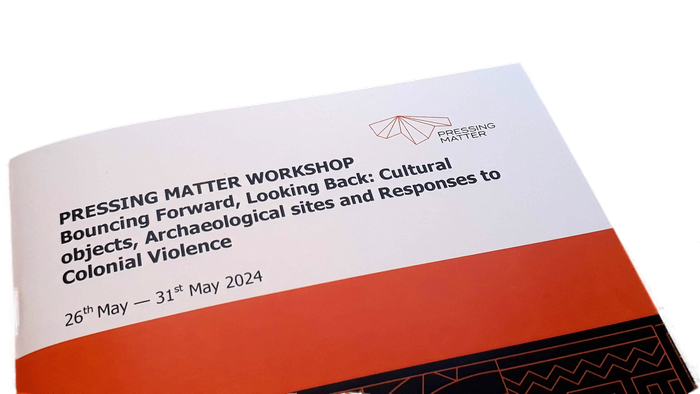\
Disampaikan pada Workshop “Bouncing Forward, Looking Back: Cultural Objects, Archaeological Sites and Responses to Colonial Violence”, kerja sama Departemen Arkeologi FIB UGM, NIOD Institute the Netherlands, dan Institut Bantenologi UIN Sultan Maulana Hasanuddin, 26-31 Mei 2024.
Abstract
Repatriation has a lot to do with our position as a nation. However, the repatriation process is generally a G-to-G activity and thus far from public participation. Nonetheless, it is an issue of public conversation, and is intensified on the Internet in both mainstream and social media. The public expresses their views and expectations in the media they have access to, reflecting their knowledge and perceptions of repatriation. Four repatriation cases with different backgrounds and processes are interesting to study in terms of public opinions and perceptions, namely the case of objects from the Yogyakarta Palace that were brought to England due to the Geger Sepehi War that have not been physically repatriated, the case of “unplanned” repatriation from the former Nusantara Museum in Delft, the repatriation of the Diponegoro kris that received attention, and the repatriation in 2023 of “important” objects.

